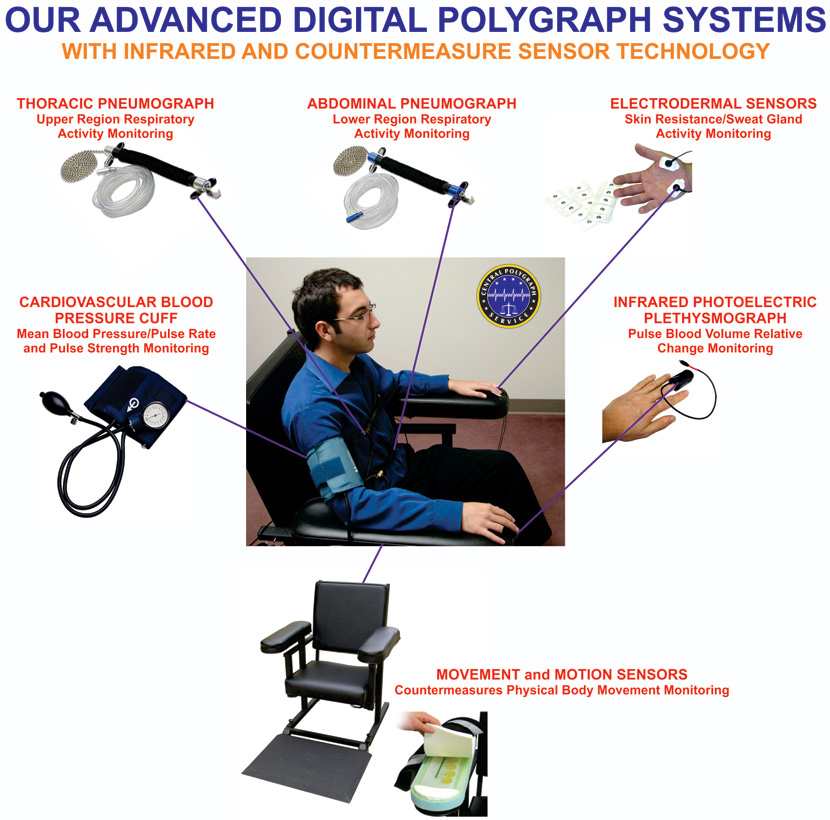- Courses
- GS Full Course 1 Year
- GS Full Course 2 Year
- GS Full Course 3 Year
- GS Full Course Till Selection
- Answer Alpha: Mains 2025 Mentorship
- MEP (Mains Enrichment Programme) Data, Facts
- Essay Target – 150+ Marks
- Online Program
- GS Recorded Course
- Polity
- Geography
- Economy
- Ancient, Medieval and Art & Culture AMAC
- Modern India, Post Independence & World History
- Environment
- Governance
- Science & Technology
- International Relations and Internal Security
- Disaster Management
- Ethics
- NCERT Current Affairs
- Indian Society and Social Issue
- NCERT- Science and Technology
- NCERT - Geography
- NCERT - Ancient History
- NCERT- World History
- NCERT Modern History
- CSAT
- 5 LAYERED ARJUNA Mentorship
- Public Administration Optional
- ABOUT US
- OUR TOPPERS
- TEST SERIES
- FREE STUDY MATERIAL
- VIDEOS
- CONTACT US
Polygraph Test: In the Kolkata Rape-Murder Case
Polygraph Test: In the Kolkata Rape-Murder Case
30-08-2024

Recently, the Central Bureau of Investigation (CBI) conducted a polygraph test on the main suspect in the Kolkata doctor rape-murder case. This test aims to evaluate the credibility of the suspect during the investigation.
About Polygraph Test:
A polygraph test, or lie detector test, is designed to measure physiological changes that are thought to occur when a person is being deceptive. Here’s a more detailed look at how it works and its various aspects:
How It Works:
- Preparation: The subject is connected to the polygraph machine via sensors placed on the body. Common placements include:
- Heart rate: A cuff or sensor around the chest.
- Blood pressure: A cuff on the upper arm.
- Respiration: Belts around the chest and abdomen.
- Galvanic Skin Response (GSR): Electrodes attached to the fingers or palms.
- Questioning: The examiner asks a series of questions. These can include control questions (which are known to be true or false) and relevant questions related to the issue at hand.
- Data Collection: The polygraph records the physiological responses while the subject answers the questions. The machine tracks changes in heart rate, blood pressure, respiration, and skin conductivity.
- Analysis: The examiner analyzes the physiological data to look for significant changes in response to specific questions. The theory is that deceptive responses will cause physiological changes due to stress or anxiety.
Types of Questions:
- Relevant Questions: Directly related to the matter being investigated.
- Control Questions: Used for comparison, often about unrelated matters or minor transgressions.
- Irrelevant Questions: Neutral questions that do not pertain to the investigation, used to establish a baseline.
Accuracy and Reliability:
- Accuracy: Polygraph tests are not infallible. They can produce false positives (indicating deception when the person is truthful) and false negatives (failing to detect deception when it occurs). Factors like nervousness, medical conditions, and individual differences can affect results.
- Scientific Debate: The scientific community remains divided on the reliability of polygraphs. Critics argue that physiological responses are not a definitive indicator of deception, while proponents believe they can be useful in conjunction with other investigative tools.
Legal and Practical Use:
- Admissibility in Court: The use of polygraph results in court varies by jurisdiction. Some courts accept them as evidence under specific conditions, while others do not.
- Employment and Investigations: Polygraphs are sometimes used in pre-employment screenings, criminal investigations, and security clearances. However, their results are typically used as a supplementary tool rather than definitive proof.
Ethical and Psychological Considerations:
- Privacy Concerns: The use of polygraphs raises privacy issues, as the process involves sensitive physiological data.
- Stress Impact: The experience of taking a polygraph can be stressful, potentially affecting the results..
Supreme Court Judgements:
- Consent Requirement: According to the Supreme Court ruling in Selvi & Ors vs State of Karnataka & Anr (2010), polygraph tests can only be conducted with the accused's informed consent.
- Informed Consent: The accused must receive a thorough explanation of the test's physical, emotional, and legal implications and have access to legal counsel.
- Guidelines Adherence: The National Human Rights Commission’s 2000 guidelines for polygraph tests must be followed.
- Documentation: Consent must be documented before a judicial magistrate.
- Admissibility: Information obtained through a consensual polygraph test may be admitted in court.
What is a Narco Test?
A narco analysis test involves injecting sodium pentothal into the accused, inducing a hypnotic or sedated state to reduce their ability to fabricate responses, thus aiming to reveal truthful information.
Differences between Polygraph tests and Narco analysis tests:1. Methodology:Polygraph Test:
Narco Analysis Test:
2. Accuracy and Reliability:Polygraph Test:
Narcoanalysis Test:
3. Legal and Ethical Considerations:Polygraph Test:
Narcoanalysis Test:
4. Application and Use:Polygraph Test:
Narcoanalysis Test:
|




